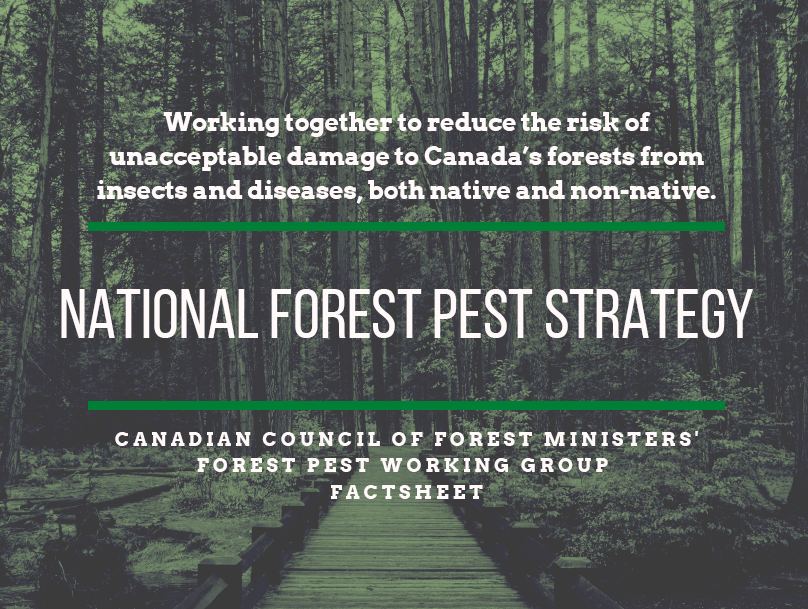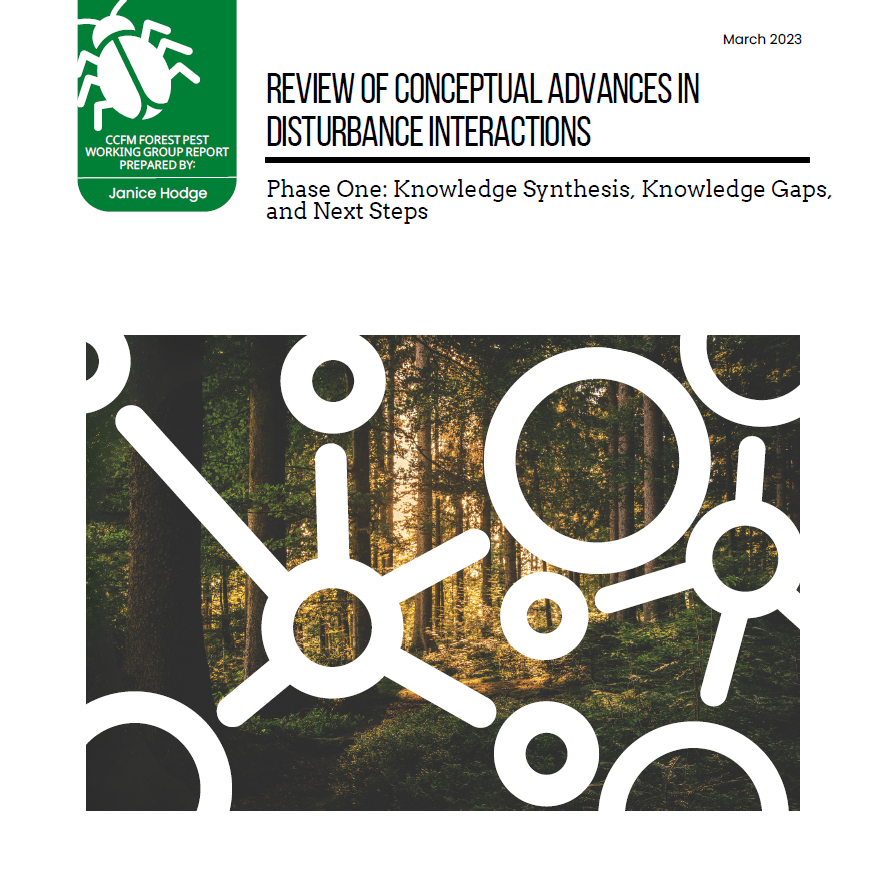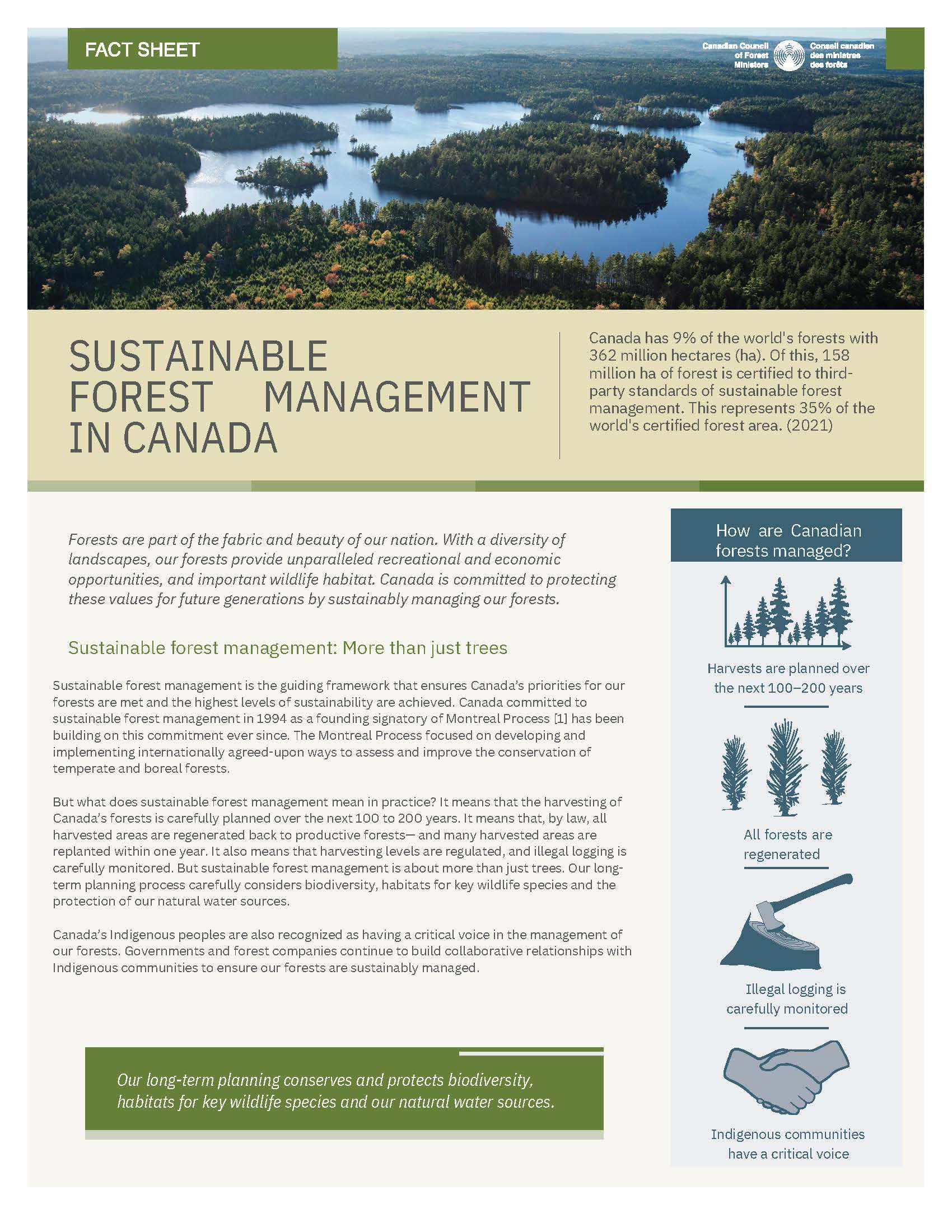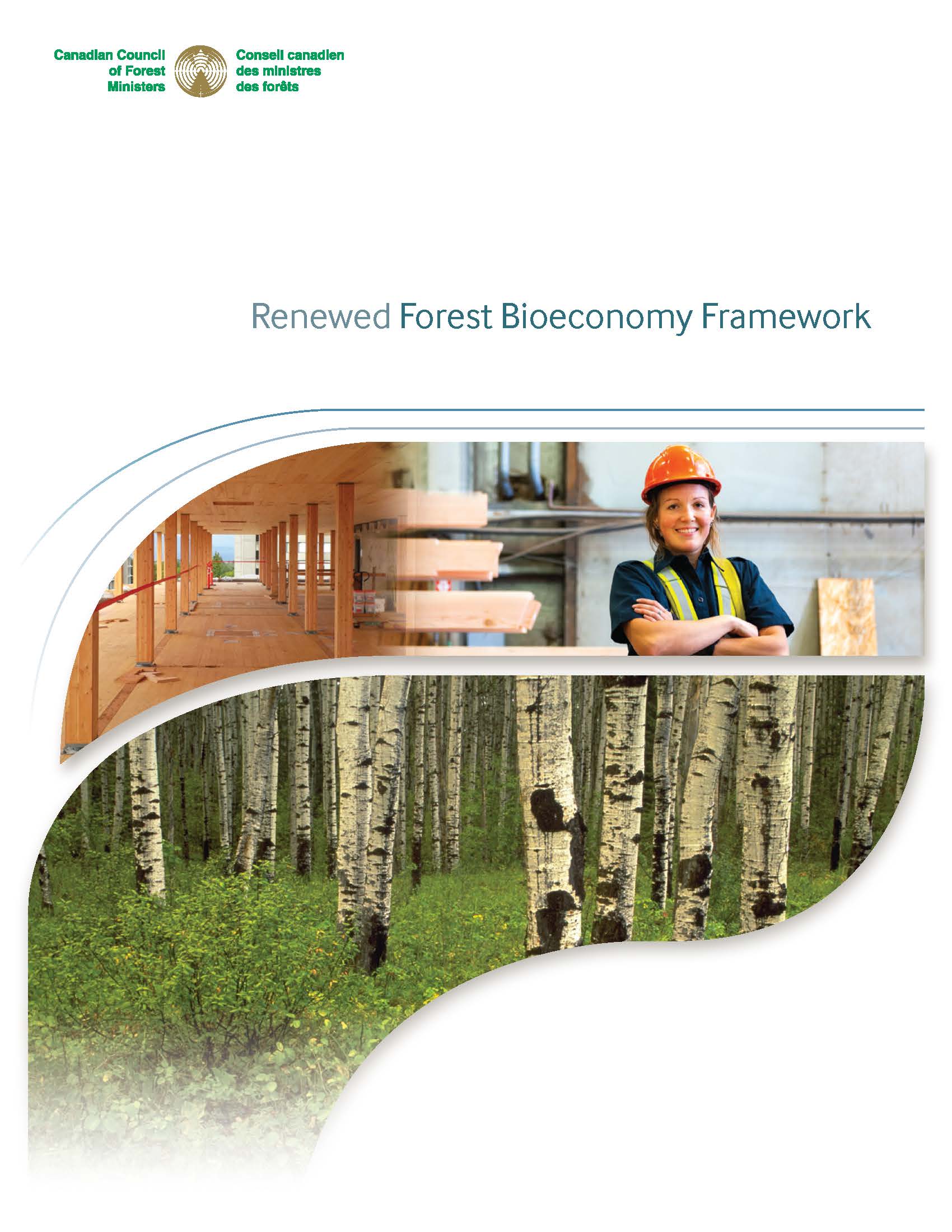THE CANADIAN COUNCIL OF FOREST MINISTERS MET VIRTUALLY TO DISCUSS EMERGING OPPORTUNITIES AND CHALLENGES FACING CANADA’S FOREST SECTOR.
By Videoconference, October 20, 2022 – Today, federal, provincial and territorial forest ministers met virtually for the mid-year meeting of the Canadian Council of Forest Ministers (CCFM), chaired by the Honourable Mike Holland, New Brunswick Minister of Natural Resources and Energy Development.
Ministers acknowledged the devastating impacts of wildfires on families, homes, communities, culturally significant areas, businesses, and critical forest habitat. Ministers reaffirmed their commitment to strengthening relationships and collaboration with communities to increase resiliency and prioritize wildfire prevention and mitigation. Earlier this year, the CCFM brought together a diverse group of over 100 experts and stakeholders during five dialogue sessions for the Canadian Dialogue on Wildland Fire and Forest Resilience. The CCFM will continue to engage with private, government, non-government, and Indigenous partners to develop a Pan-Canadian Wildland Fire Prevention and Mitigation Strategy.
Ministers also recognized the economic importance of the forest sector to communities and workers. Discussions focused on the continued contribution of sustainable forest management, the many growth opportunities for the forest sector, and its role in international markets.
Finally, Ministers endorsed the Renewed CCFM Forest Bioeconomy Framework for Canada. This Renewed Framework, building on the 2017 Forest Bioeconomy Framework for Canada, articulates actions that all CCFM jurisdictions may take to accelerate the development of the bioeconomy in Canada, in line with sustainable forest management frameworks in the provinces and territories. These actions, as jurisdictions could participate, include creating biomass availability maps and supporting development of certification tools; developing standards for bioproducts and environmental performance; and coordinating support for demonstration projects. In doing so, this framework will help ensure Canada’s bioeconomy thrives as a high value sector and a central contributor to climate, environmental, economic and social goals.
“Along with being a vital part of the economy both in New Brunswick and across the country, the forest sector plays an important role when it comes to mitigating and adapting to climate change,” said New Brunswick’s Natural Resources and Energy Development Minister Mike Holland. “The forest sector is at the heart of climate change mitigation, whether it be through sustainably managing our forests to support carbon storage, using science and data to improve forest resilience and adaptability, or creating bioproducts from wood residue and waste. Although we have different experiences and challenges in each of our respective jurisdictions, our shared leadership and commitment to sustainable forest management unites us as we work together to share best practices and science to keep the sector strong, vibrant and healthy for generations to come.”
About the CCFM
The CCFM is the primary minister-led intergovernmental forum to come together to discuss and exchange information, provide leadership, and promote action on common forest and forestry-related issues of national and international interest. CCFM is comprised of the forest ministers from the federal, provincial, and territorial governments. It was established in 1985 (www.ccfm.org).
For more information, media please contact:
Jason Hoyt
Director of Communications
Natural Resources and Energy Development
(506) 444-2915
jason.hoyt@gnb.ca
Foot note:
Due to the transition following the general election of October 3, 2022, Quebec has not adopted a formal position on the matters discussed during the CCFM Ministerial meeting.






